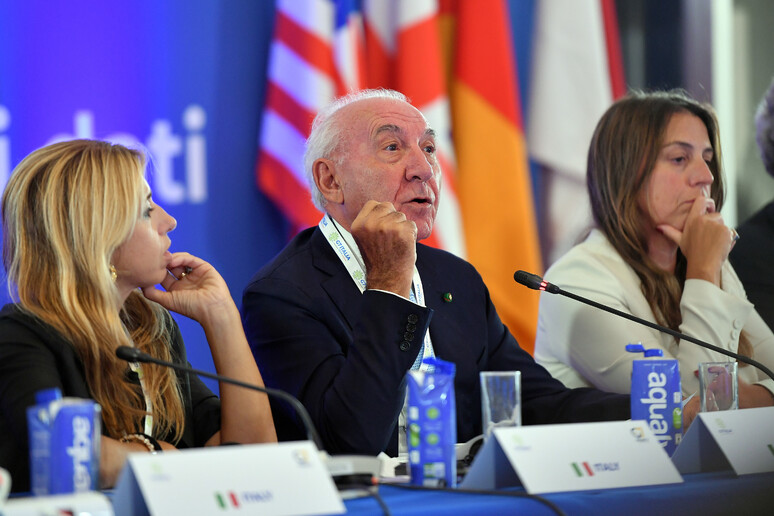Pasquale Stanzione, the president of
Italy's data-protection authority, expressed satisfaction after
the three-day Privacy G7 meeting ended on Friday.
"The outcome of the work done went beyond all expectations,"
Stanzione told ANSA after the last session at Rome's Palazzo
Poli.
"The countries of the G7 have different arrangements and
perspectives, but they are united by a set of principles and
regulations that converge towards the idea of ;;a free,
democratic society, and we found broad agreement on this basis."
As regards AI, Stanzione said the idea is "not to hinder it, but
to accompany it
in its evolution into a structure that is anthropocentric, that
is to say respectful of the centrality of the person".
Vice President Ginevra Cerrina Feroni said that "we got seven
documents approved by the big seven, all of them unanimously.
"We addressed the issue of cross-border data transfer and that
of emerging technologies, and enforcement too," she continued.
"We approved a document on artificial intelligence, applied to
the world of minors and and this is a major new development".
Agostino Ghiglia, a member of the authority's board, commented
that: "we significantly increased collaboration proposals with
our colleagues from the G7 in order to ensure the increasingly
free circulation of data accessible to companies,
above all to make their lives easier".
Another board member, Guido Scorza, said the emerging
technologies "often move faster than regulation" and that age
verification is one of the issues focused on most because "there
are services that simply must be inaccessible to children
because that are not right for them".
The session devoted to cooperation was chaired by the
authority's Secretary General Fabio Mattei.
Mattei said it concluded with a message about the need to
"strengthen collaboration and cooperation based on the logic of
protection of humans in their relationship with technology".
ALL RIGHTS RESERVED © Copyright ANSA











